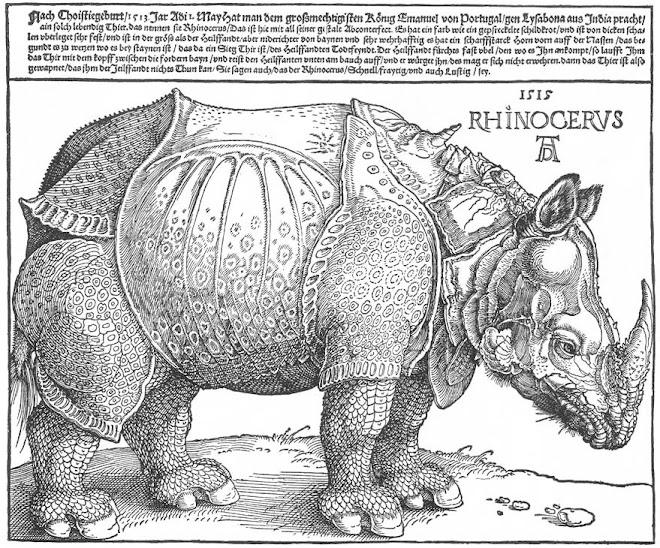I have a divine sign [daimonion] from the god which… began when I was a child. It is a voice, and whenever it speaks it turns me away from something I am about to do, but it never turns me towards anything. This is what has prevented me from taking part in public affairs, and I think it was quite right to prevent me. Be sure, gentlemen of the jury, I should have died long ago otherwise. (Apology 31c)
I was sitting by myself in the undressing-room . . . and was already thinking of leaving. But when I got up, my customary divine sign put in an appearance. So I sat down again, and in a moment the two of them, Euthydemus and Dionysodorus, came in. (Euthydemus 272e–273a)
My friend, just as I was about to cross the river, the familiar divine sign came to me which, whenever it occurs, holds me back from something I am about to do. I thought I heard a voice coming from this very spot, forbidding me to leave until I made atonement for some offense against the gods. (Phaedrus 242b–c)



+--+Albrecht+D%C3%BCrer.bmp)

No comments:
Post a Comment